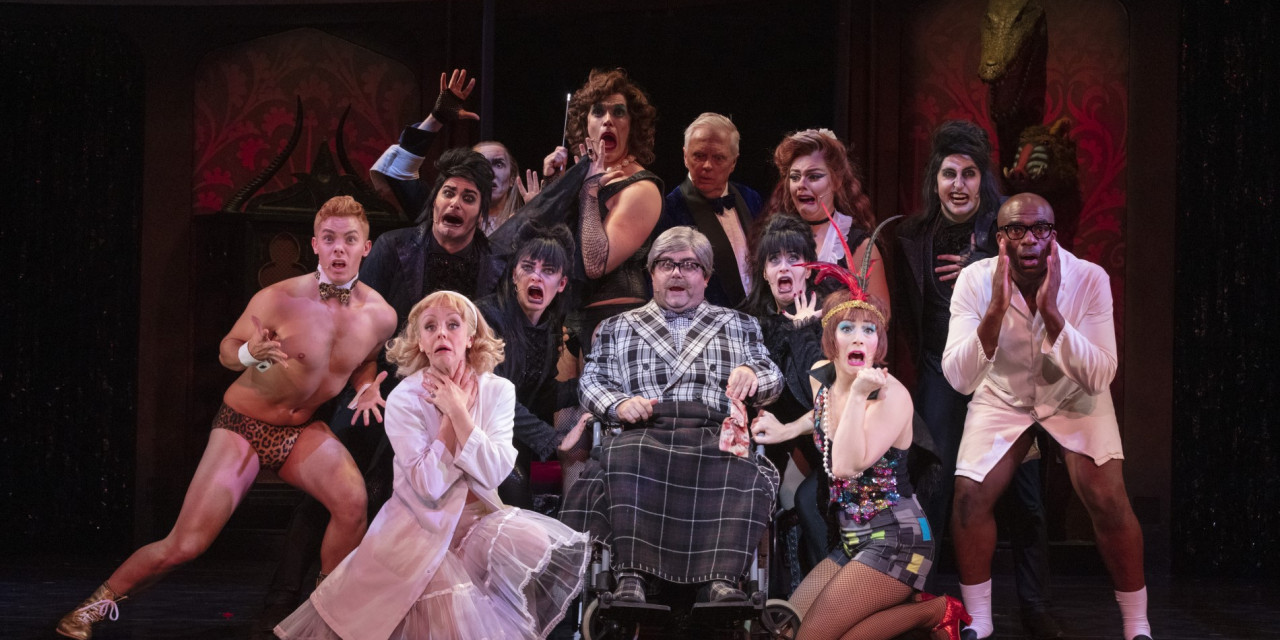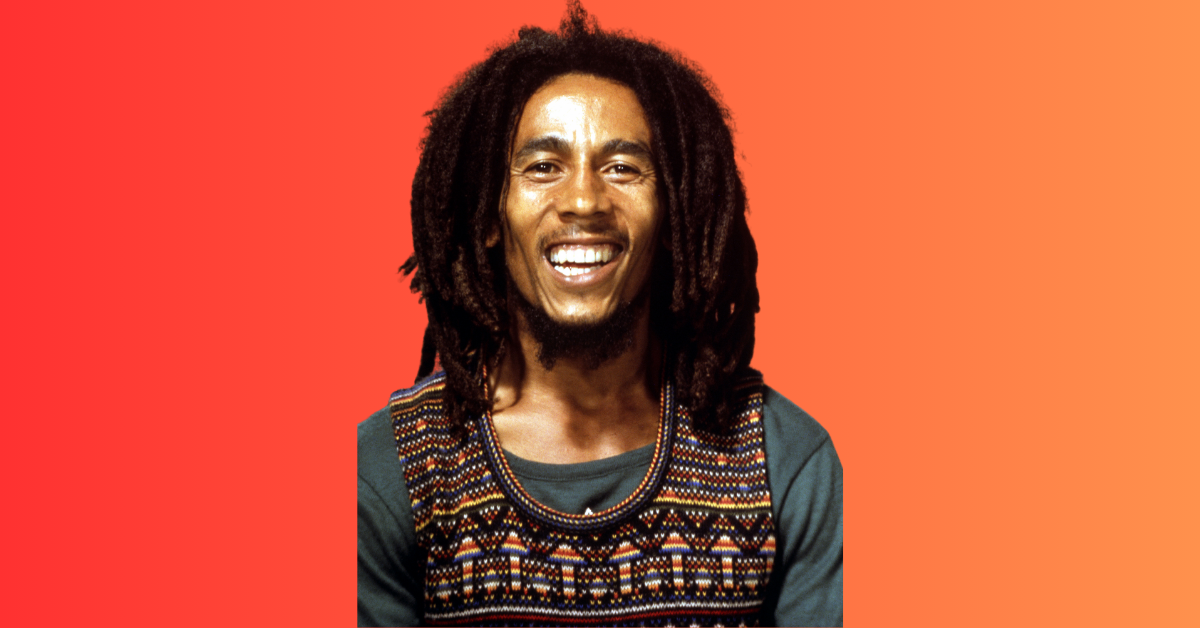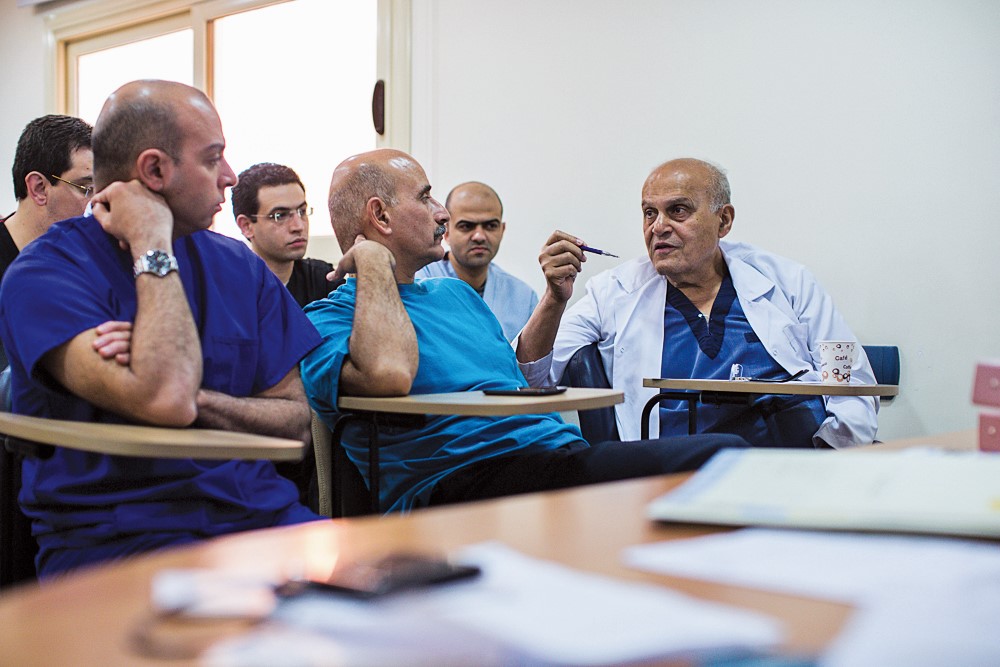As Rocky Horror celebrates 50 years since its Chelsea premier, we talk to creator Richard O’Brien
How did you come up with the idea for The Rocky Horror Show?
I was a high school dropout – I left school at 15 and was put on a training farm to try and turn me into a farmer, which didn’t work. You could say that the entire country of New Zealand, where I grew up, was undereducated, because most of us left school to work on the land. The money wasn’t great, but we were working, we were out in the world, and B movies, pulp fiction, and all that kind of thing was a big part of our lives. I put all those lowbrow, populist themes into Rocky, where they’re all stirred together and turned into a rather delicious soup.
Why was the Royal Court the right place Rocky?
I’d moved to England to work in theatre, and I’d just been fired from Jesus Christ Superstar – given 300 quid and sent home. My friend Jim Sharman, an Australian director, asked me to do a play at the Jerwood Theatre Downstairs in the Royal Court. I agreed, but only if they’d let me have three weeks of fun in the more experimental Upstairs theatre first.
It was a lovely place, and it was a beautiful summer in ’73. The place was a centre for actors, even actors who were out of work – you’d find them on the steps, sharing a laugh, going round the corner for a drink. There was this feeling all through the building that something happy was happening, something joyous. That was delightful.
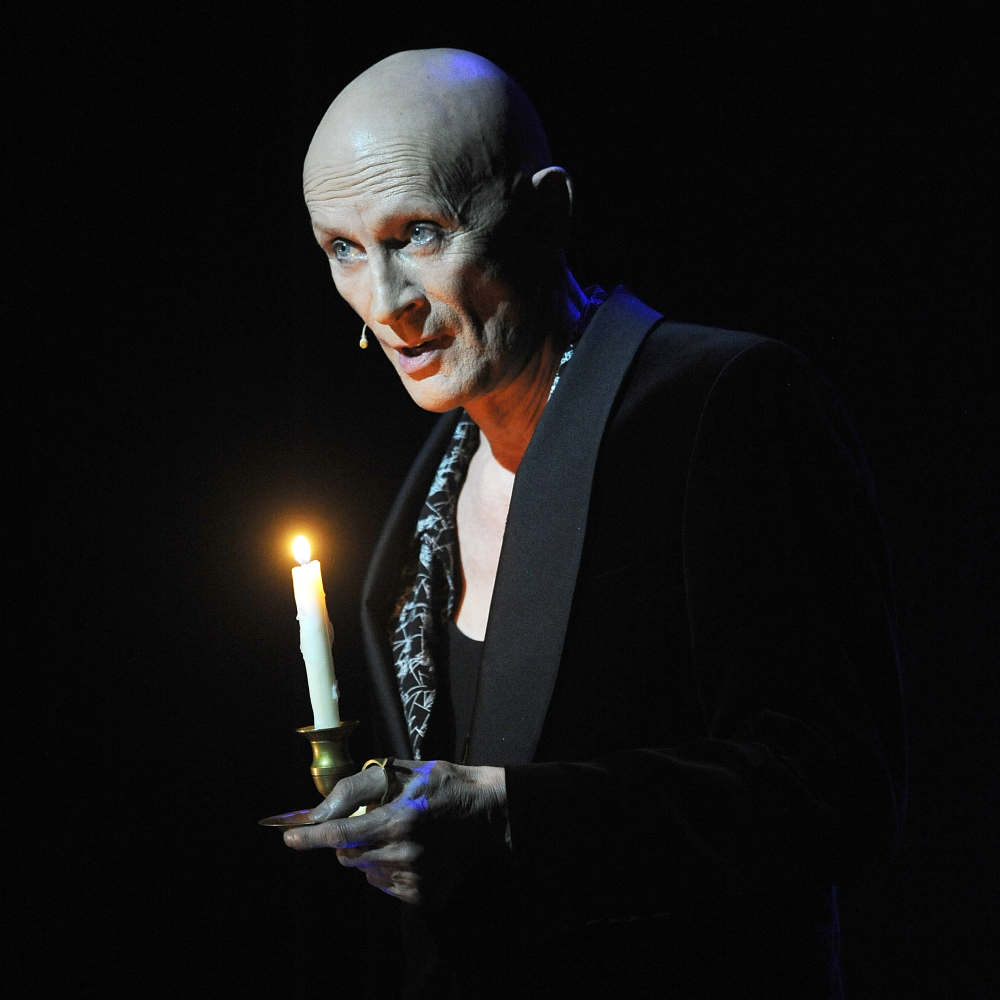
What was the opening night like?
Vincent Price was in the audience. He was with Coral Browne in those days and she was doing a play downstairs, and while he was visiting her he heard about what was going on upstairs. He came up and deposited himself in the middle of the audience, and there was a skylight above his head. There was a storm that night, and when I peeked around the corner I saw Vincent Price illuminated by lightning. I thought, well, that’s got to be a good omen.
When did you know Rocky was going to be a hit?
“We thought we were doing a silly little piece of fringe theatre for three weeks, but it became clear from the first night that it was a bit more than that. We were full every night, and on one night, the chap who was playing Rocky had some glitter go the wrong way down his knickers and couldn’t perform. The audience that we had to turn away that night included Elliott Gould and Mick Jagger. That’s when we knew that our fun little theatre event had become a hot ticket.
Why do you think it was so popular?
I think the word that explains it is ‘zeitgeist’. When Rocky began, we’d gone through rock ‘n’ roll. We’d had hippies, and the Beatles, and glam rock, and David Bowie and Marc Bolan and various other chaps with big hair and tight trousers and lots of makeup. The scene was set for Rocky.
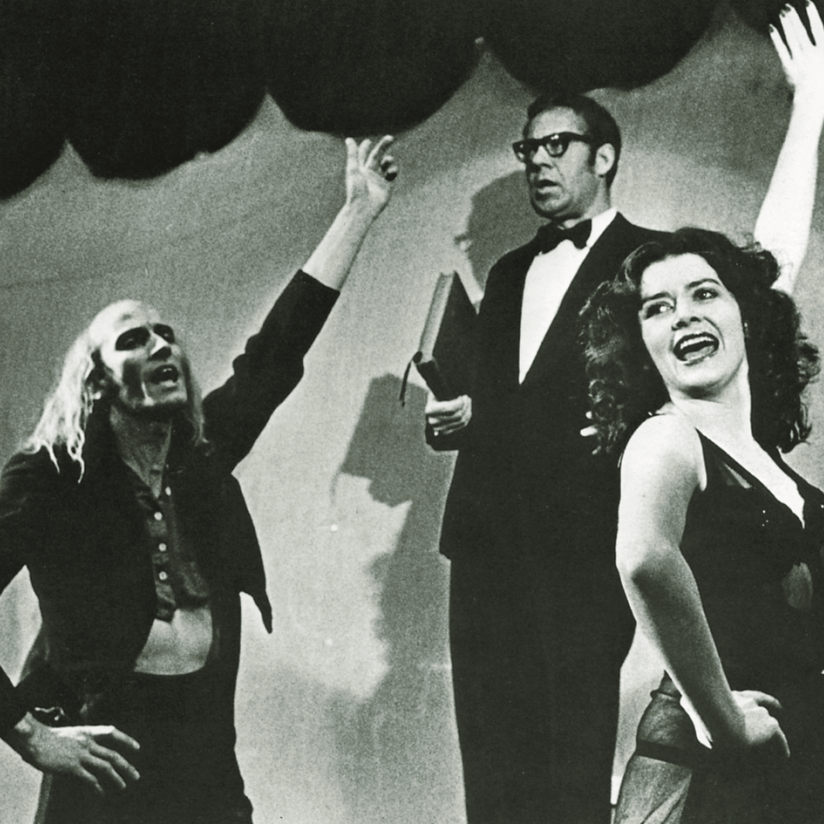
And how do you account for its continued success?
I think it’s a few things. It’s story that we’re familiar with: babes in the wood, Hansel and Gretel. The wicked witch is a transvestite, which is a bit of a change, but overall it’s a kind of archetypal fairytale.
I saw it once in Berlin, with a Narrator who was all over the place – at one point, he even forgot to come on stage. I thought it was all over, but the audience still seemed to enjoy it, and I realised, it’s foolproof!
People love the kitsch, amateur, cult kind of feel it always has. It doesn’t have to run like clockwork to be enjoyed.
I know you identify as a third gender, somewhere between male and female. Do you think Rocky has had a positive impact on the way we talk about LGBTQ+ issues?
I do believe it has up till now. I hope that it continues to do so, because things are getting really nasty in that area lately, with religious fundamentalism and right wing authoritarianism popping up its head in an awful kind of way these days. It’s terrifying. So I hope rocky can keep on making some kind of a difference.
Are you anxious about the future of theatre?
We will always need theatre. Lately I’ve become interested in megalithic structures around the world. We can go back thousands and thousands of years, and what do we find? Amphitheatres. We need theatre, and if it was outlawed, it would go underground. Storytelling is essential to our wellbeing, and it always will be.

